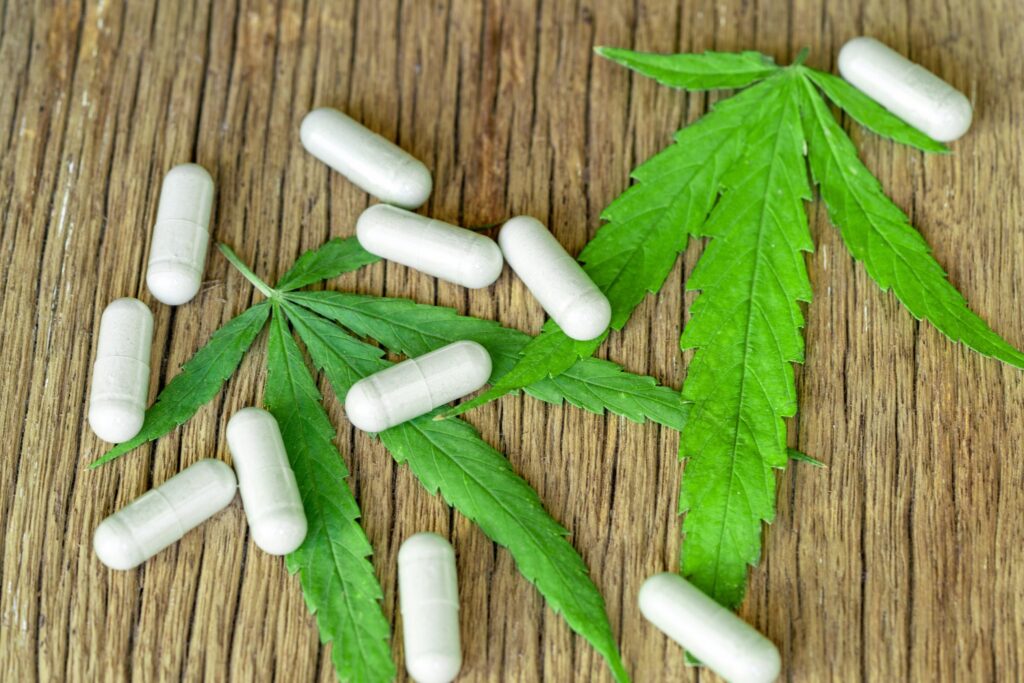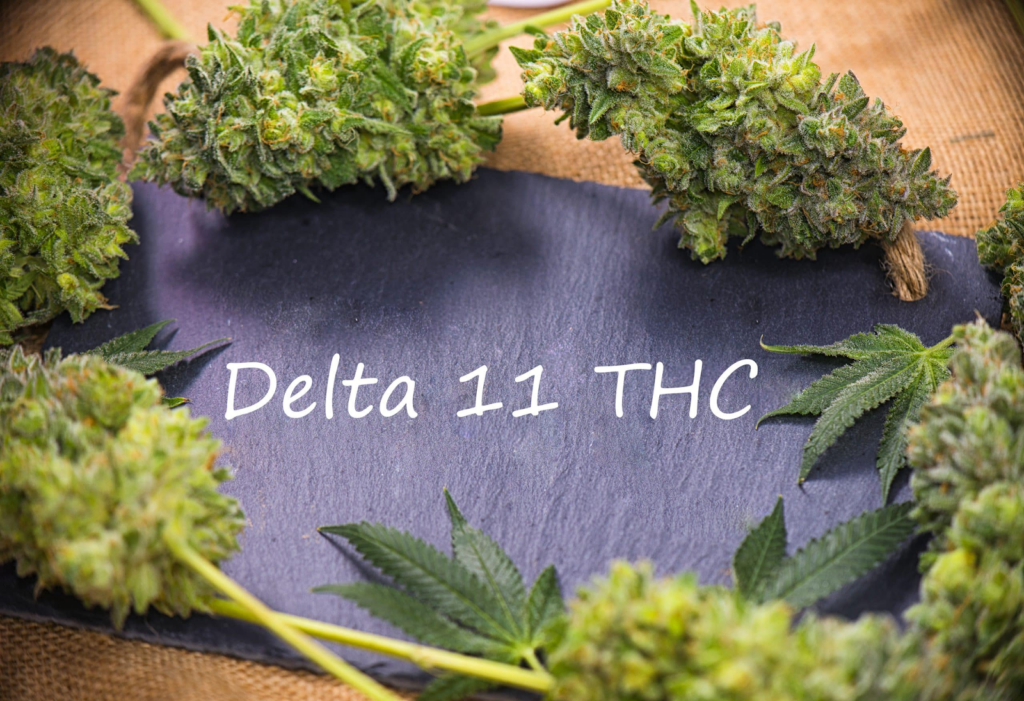Australia officially legalised medicinal cannabis in 2016. Since then, the country’s weed business has experienced substantial expansion.
Research firm Prohibition Partners estimates that Oceania’s medical canabis industry. They said it will be worth an impressive US$1.55 billion by 2024. Medicinal cannabis in Australia is expected to account for 40% of the industry.
A study from FreshLeaf Analytics estimates Australian medical market sales at AU$230 million in 2021.
Despite this development, the weed market in the nation is still relatively new. Even medicinal access is restricted and heavily regulated. Legalised recreational usage is still some time off.
Nevertheless, popular support for legalisation is rising. It has nearly doubled in the past six years.
Only Sativex and Epidyolex, two discuss medicinal cannabis medications. They are now approved by the Therapeutic Goods Agency. None of them are covered by the nation’s Pharmaceutical Benefits Scheme.
Both patients and doctors must follow specific procedures in order to obtain medicinal cannabis. procedures doctors who wish to prescribe it must apply.
The situation becomes more complicated at the state and territory levels. There are several laws that must be obeyed depending on where you are in Australia.
The eight regions of Australia’s cannabis regulations are broken down in the following paragraphs.
Although it is generally prohibited in Australia, each state has its own laws. Here is some information on cannabis in each of these five regions of the nation.

Directory to Cannabis in Queensland Australia
Cannabis cultivation and recreational use are prohibited in Queensland under four different laws. According to the Drugs Misuse Act of 1986.
The maximum sentence for illegal possession, supply, producing, and trafficking is 20 years in prison. However, it depends on the specifics, such as how much cannabis is involved.
In Queensland, the use of cannabis for medical purposes is less frowned upon. This is because any licensed physician in the state may do so. They may if it is clinically necessary.
Prior to new legislation changes in June 2020, a Queensland doctor had to acquire formal clearance. They collect it the state health authorities before prescribing Schedule 4 CBD or Schedule 8 THC or CBD oil products.
Previously, the medical practitioner had to obtain Commonwealth authorisation in most cases.
Smoking cannabis is not permitted in Queensland. Thus, medicinal cannabis can only be taken orally. It can also be taken topically, or in pill, spray, or tincture form. In addition, those in the medical can advertise cannabis use. Wholesaler, and pharmaceutical industries can also advertise cannabis used for medical purposes.
Directory to Cannabis in New South Wales, Australia
In New South Wales (NSW), it is unlawful to use, supply, or possess cannabis. However, first-time offenders with a modest quantity on hand may receive a warning.
A maximum of two cautions may be issued. They frequently include a request for information on drugs.
The NSW government is aware that medical cannabis has the potential to treat terminal conditions. Therefore, if medical marijuana is deemed an effective treatment. And the prescriber has the necessary authorisations, any doctor may do so.
The NSW government established the Centre for Medicinal Cannabis Research and Innovation. To inform the public and oversee clinical trials as another sign of its support for the substance. The NSW government funded the centre with over $9 million AUD.
Children with epilepsy, cancer patients who require pain management, hunger stimulation, and nausea reduction. And people with medical conditions like spinal cord injuries who have chronic pain. Also cancer treatment are among the populations being researched.

Directory to Cannabis in Australian Capital Territory
The Australian Capital Territory (ACT) enacted a measure in September 2019. This will make it legal for those who are 18 years of age to buy. Those older can also possess it. They can possess small amounts of access medicinal cannabis products. They can buy it for personal use as of January 31, 2020.
Noting the federal regulations is important. However, it continues to forbid cannabis usage for recreational purposes. This clash with the state laws of the ACT.
Over-18s living in the ACT are permitted to possess it. They can buy up to 50 grams of dry smoked cannabis. They can also possess 150 grams of wet medicinal cannabis product dispensed. Moreover, a maximum of two plants per person (or four per household).
Limit violations result in fines rather than criminal prosecution. In addition, plants may only be grown outside, making them vulnerable to theft.
Patients with a variety of diseases may be eligible for legal medicinal cannabis products. This happens on a case-by-case basis. The Therapeutic Goods Administration and the Chief Health Officer of the ACT. They must both give their consent for doctors to prescribe.
Directory to prescribing medicinal Cannabis in Northern Territory Australia
The Northern Territory (NT) has decriminalised chiefly cannabis. However, there is still a jail punishment for having a minor amount in a public area.
A fine is the only penalty for possessing less than 50 grams at home. However, even small-scale cultivation of fewer than five plants is punishable by 200 penalty units. It is equivalent to two years in prison.
A commercial amount of more than 20 plants and “cultivation in front of a youngster” carries a life sentence.
The first patient in the NT to fill a prescription for taking medicinal cannabis did so in November 2019. Since then, adoption has been gradual, and there aren’t many users in the NT.
This is due to the fact that there aren’t many licensed physicians in the NT. Since it’s a remote location, getting to the clinics is difficult for some locals.
Directory to Cannabis in Tasmania Australia
Before July 1, 2021, Tasmanian patients had to be referred to a specialist by their general practitioner. They would then make a resolve. This made acquiring and prescribe medicinal cannabis quite tricky.
Cannabis plant is typically only administered by experts. They administered it for specific situations after modern treatment has failed.
Now, general doctors may write prescriptions if they deem it to be clinically necessary. Provided they have received state and Commonwealth approval.
In fact, any device or utensil used for preparing. Also for smoking, or inhaling most medicinal cannabis products is prohibited in Tasmania. They can result in a fine of up to AU$ 7,950. In addition,1 kilogram of plant material trafficking is illegal. It entails a heavy jail sentence of up to 21 years.
Conclusion
Due to the fact that every patient reacts differently to drugs. It is advised to start with a low dose. After which they gradually increase it until a therapeutic effect is shown.
At these levels, adverse effects are unlikely to affect patients. Higher THC doses can cause intoxication. However, these usually pass quickly and without any lasting effects.



